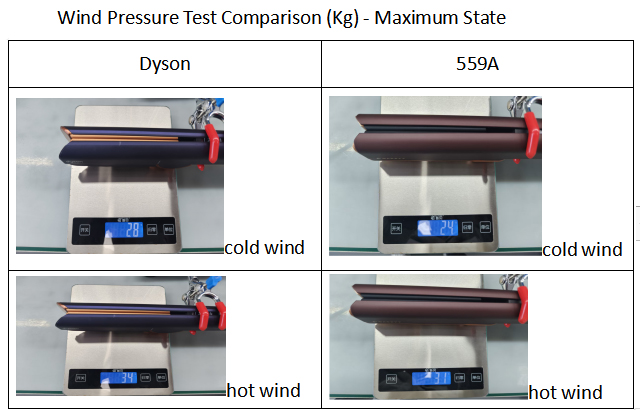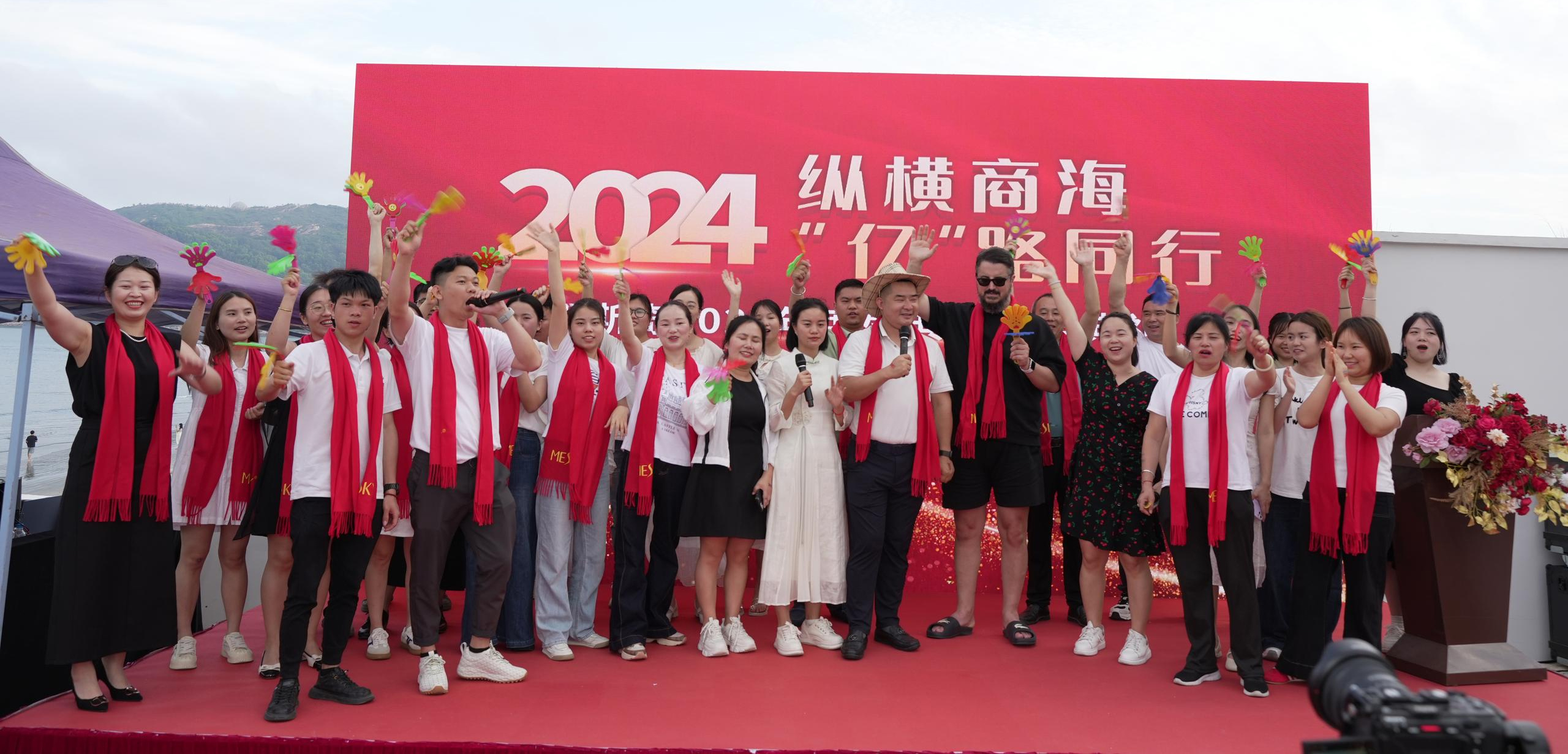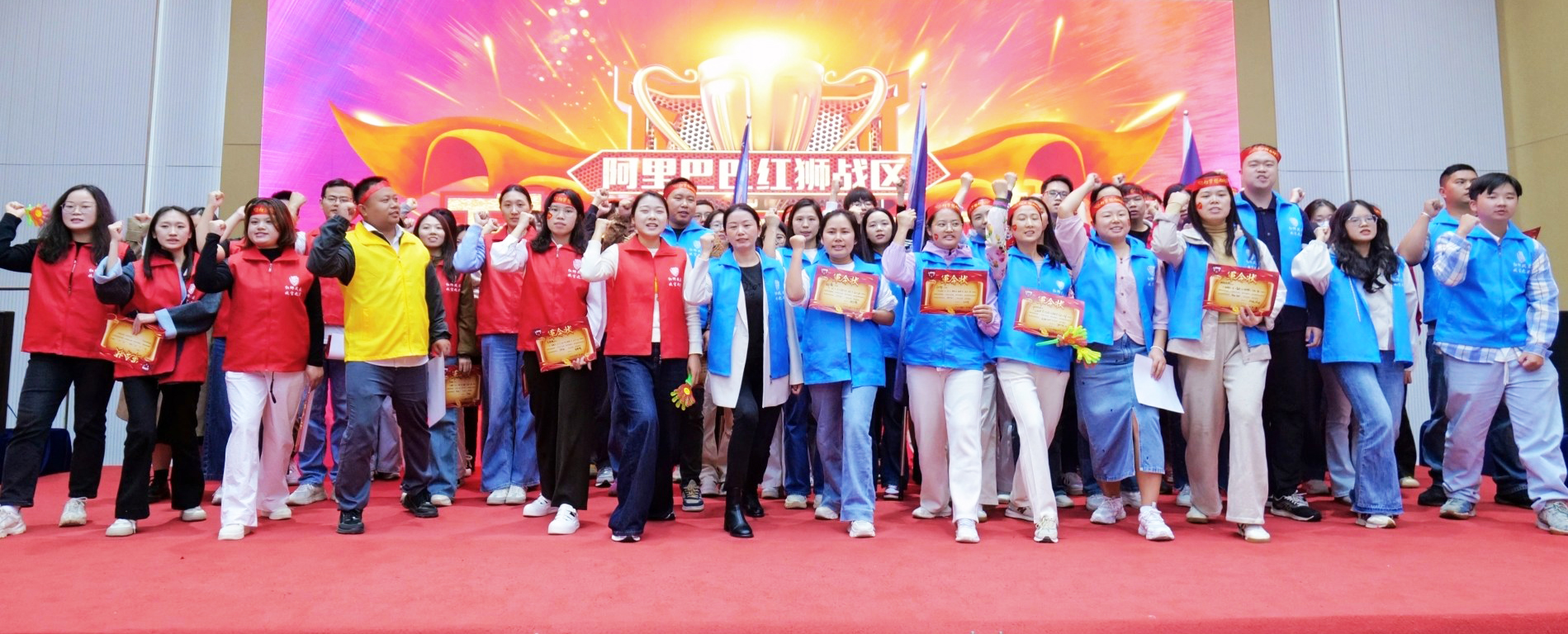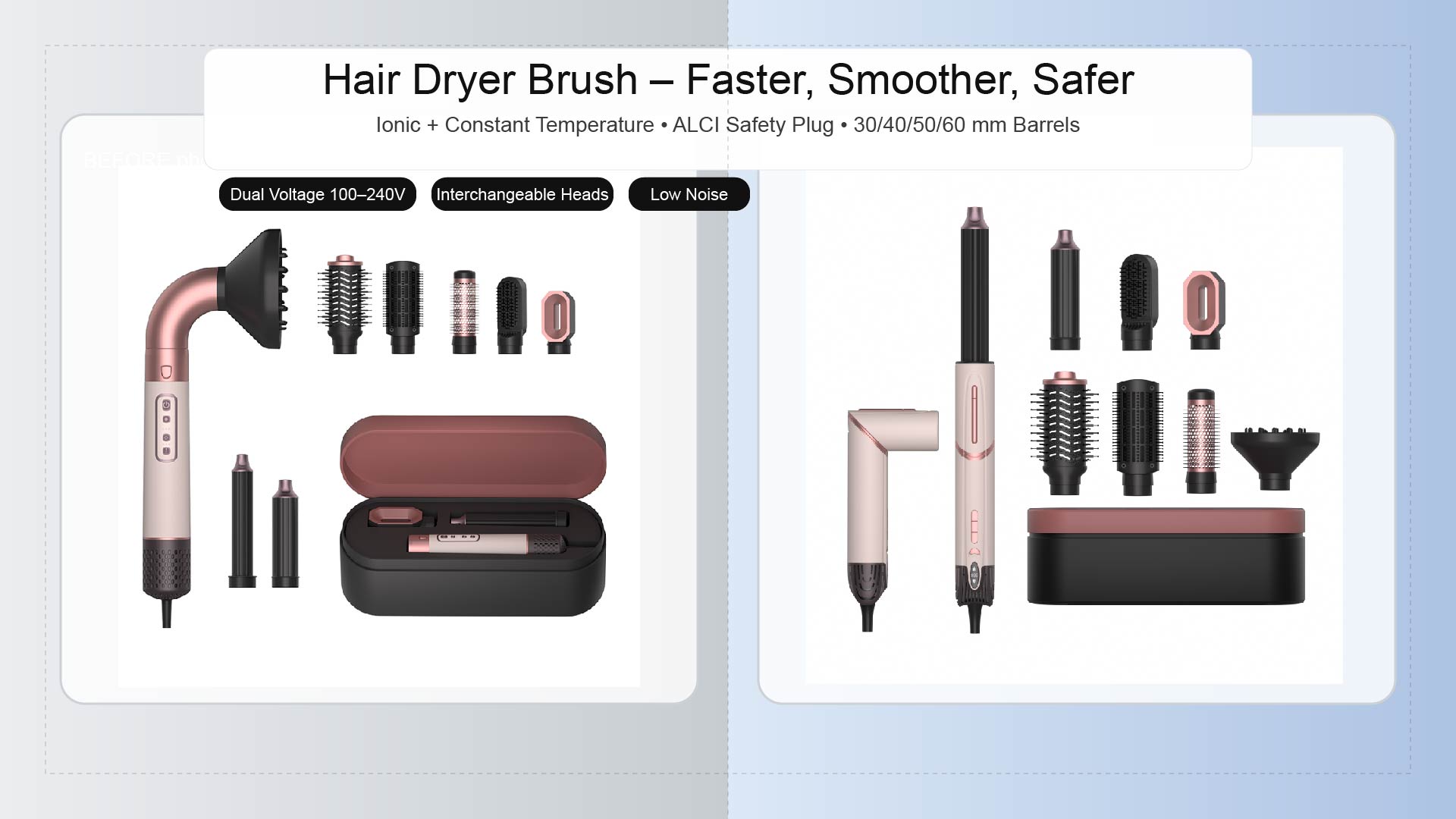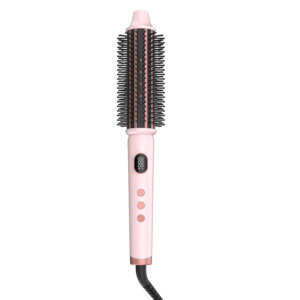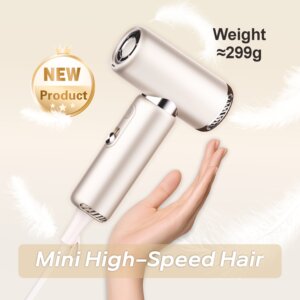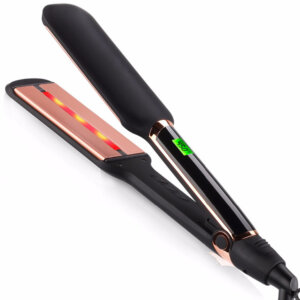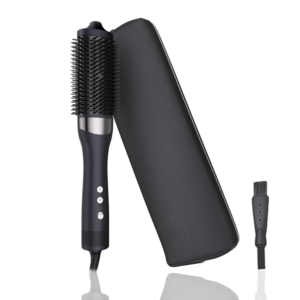Intro
Power standards vary worldwide: the US/Japan often use 110–120V, while most of Europe and Asia use 220–240V. A dual-voltage hair dryer accommodates both—look for “100–240V ~ 50/60Hz.” With the right plug adapter, you can usually skip the voltage converter and travel lighter.
1) How dual voltage works
A wide-range input design (multi-tap heating elements and/or a switching power stage with protections) keeps output safe and stable at either 110–120V or 220–240V. Many models slightly reduce power at lower voltages to protect the heater and motor while maintaining consistent airflow.
2) How to identify one (3 steps)
-
Rating label should read “110–120V / 220–240V” or “100–240V 50/60Hz.”
-
Manual/product page mentions “dual-voltage/worldwide voltage.”
-
Voltage switch: some travel units include a 120V ⇄ 240V slider.
If only one range (e.g., “120V”) appears, it is not dual-voltage.
3) Manual switch vs auto wide-range
-
Manual: set the slider before plugging in—simple and affordable, but easy to forget.
-
Auto 100–240V: adapts on its own—ideal for frequent flyers; usually costs a bit more.
4) Do you still need a converter or stabilizer?
-
Dual-voltage dryers: generally no converter needed.
-
You’ll still need a plug adapter to match the outlet shape.
-
Single-voltage dryers: require a high-wattage converter abroad (bulky, hot, inefficient).
5) Quick regional reference
| Region | Voltage | Frequency | Plug Types | Note |
|---|---|---|---|---|
| USA/Canada/Japan | 110–120V | 60Hz (some JP regions 50Hz) | A/B | GFCI outlets common in bathrooms |
| UK/Ireland/UAE | 230V | 50Hz | G | Fused plugs; many hotels offer multi-standard sockets |
| Most of EU | 230V | 50Hz | C/E/F | Round-pin sockets |
| Mainland China/Korea/Singapore | 220–230V | 50/60Hz | A/C/F/G mix | Airports/hotels often provide multi-standard outlets |
| Australia/New Zealand | 230–240V | 50Hz | I | Slanted three-pin |
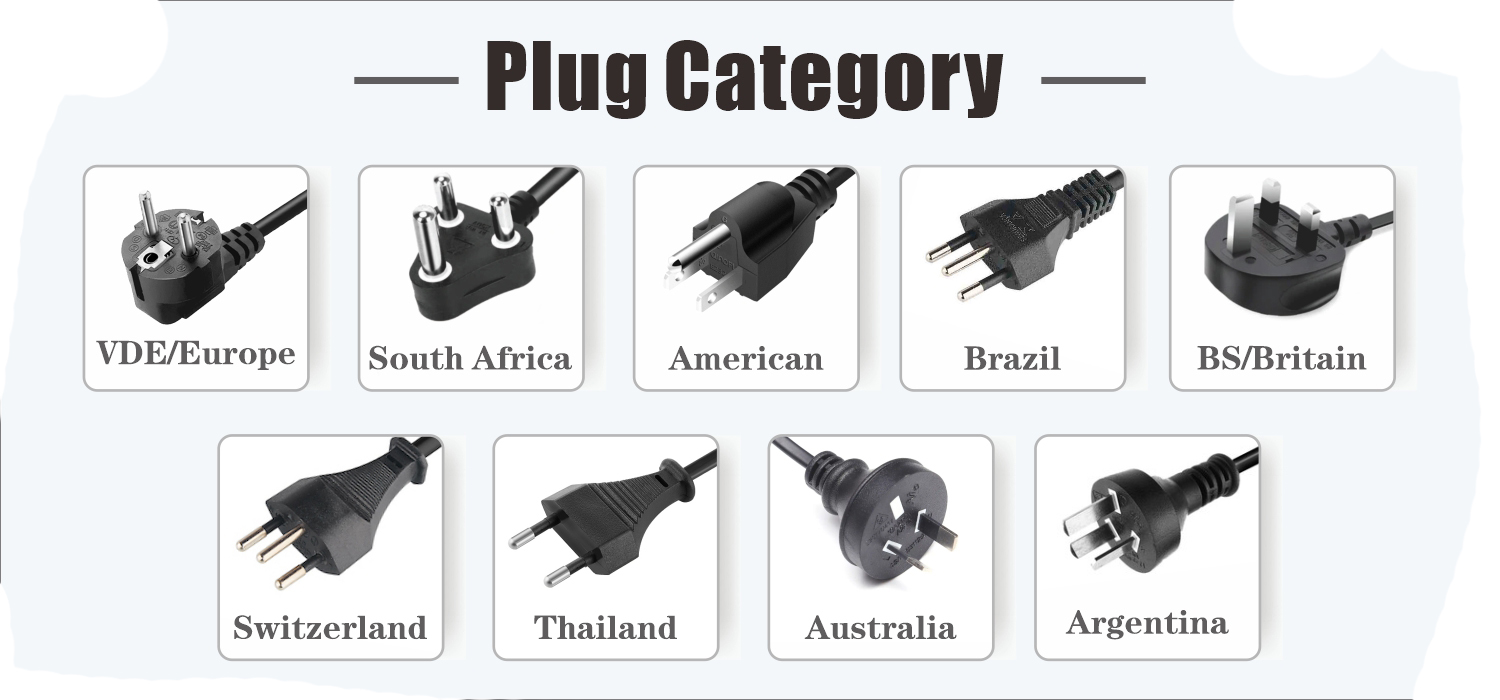
6) Hotel safety checklist
-
Verify local voltage; ask reception if unsure.
-
Set voltage first (manual models) before plugging in.
-
Start on low heat/speed the first time.
-
Keep the air intake clean to prevent overheating.
-
Prefer RCD/GFCI-protected outlets.
-
Avoid running other high-wattage appliances on the same circuit.
7) Buying tips & key specs (with a compact travel example)
-
Label clarity: must say 100–240V 50/60Hz;
-
Power & airflow: 800–1000W (rated at 220–240V) for efficient drying;
-
Temperature control: multiple heat/speed settings + cool shot;
-
Motor: brushless/high-speed (BLDC) for durability and stable airflow;
-
Portability: ≤400 g and a folding handle pack smaller;
-
Cord/plug: confirm cord length and adapter options;
-
Accessories: concentrators/diffuser for straightening and curls;
-
Compliance: CE/ETL/UKCA depending on target markets.
Further reading • Compact 100–240V travel-dryer “spec example” (subtle insertion)
If you prefer a packable, worldwide-voltage (100–240V, 50/60Hz) travel dryer, look for a mix like a brushless high-speed motor (~110,000 rpm), around 800 W (hotel-friendly), 2 speeds/4 heat settings, LED readout, negative ions, concentrator + diffuser, and ~450 g weight with OEM/logo/packaging options. Example listing:https://szmesky.com/product/mini-dual-voltage-high-speed-hair-dryer-plasma-ionic/

8) FAQs
1.Will performance change at different voltages?
Some models deliver slightly lower heat on 110–120V—this is normal and protects components.
2.Is Japan’s 100V okay?
Most “100–240V” models work fine; expect minor differences in heat output.
3.Manual vs auto?
Auto is foolproof for frequent travelers; manual is fine for occasional trips and costs less.
4.Do I need a stabilizer?
Usually no; in unstable grids, consider a surge-protected power strip.
5.Safe for daily use?
Yes—follow the manual, keep the filter clean, and allow ventilation.
Last Updated on 10/15/2025 by sales04


